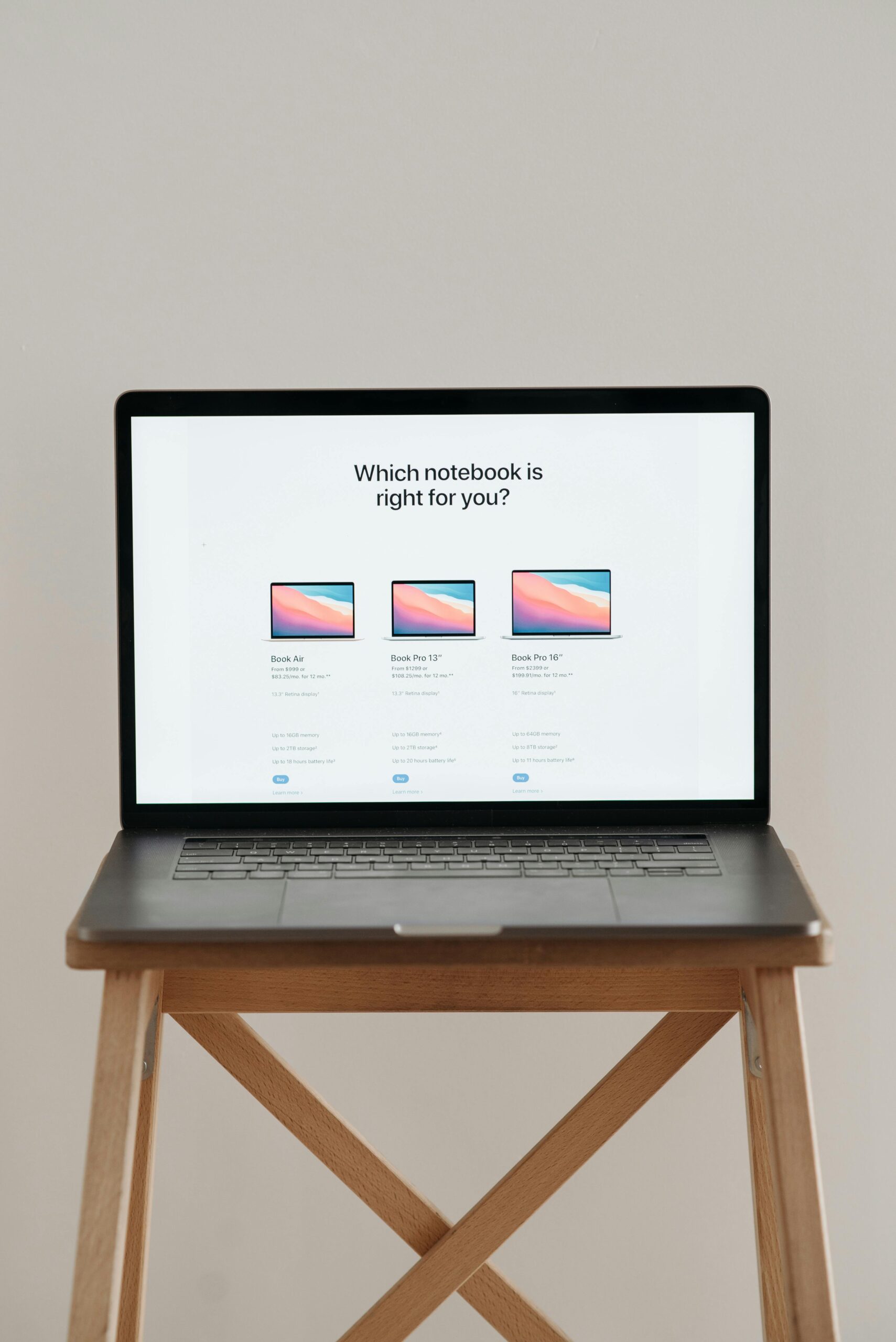How ChatGPT is Transforming Legal Case Summarization
Introduction:
In today’s digital era, artificial intelligence (AI) is rapidly transforming industries—and the legal sector is no exception. Among the most promising tools reshaping legal workflows is ChatGPT, an AI language model developed by OpenAI. From summarizing complex court cases to supporting legal drafting, ChatGPT is simplifying traditionally time-consuming tasks. But how effective is it in real-world legal applications? Can it replace traditional legal analysts or case assistants? And how does it compare to domain-specific tools like HeyEve?
This blog explores the role of ChatGPT in legal case summarization, its benefits, its drawbacks, and how it stacks up against other AI legal tools.
What is ChatGPT’s Role in Legal Case Summarization?
ChatGPT processes natural language inputs and outputs concise summaries of large texts. In the legal context, this means it can:
-
Read and condense judgments, pleadings, legal memos, and transcripts
-
Highlight key points, such as case facts, issues, arguments, and decisions
-
Help professionals understand rulings quickly without reading hundreds of pages
Law firms, legal research platforms, and in-house counsels are now exploring ChatGPT as a virtual legal assistant—especially for first-draft summaries and reviews.
Benefits of Using ChatGPT for Legal Cases
1. Speed and Efficiency
One of ChatGPT’s standout advantages is its ability to digest and summarize complex legal documents in seconds. Tasks that might take a paralegal hours can now be performed in minutes, drastically improving workflow.
2. Cost-Effectiveness
Hiring legal researchers or junior associates for case summaries can be costly. ChatGPT reduces the need for repetitive manual work, making it an affordable solution for small firms and solo practitioners.
3. Accessibility
With AI tools like ChatGPT, legal information becomes more accessible to the public. Individuals who can’t afford expensive legal advice can use AI-generated summaries to understand basic legal implications.
4. Support for Legal Drafts
ChatGPT can assist in creating first drafts of legal memos, case briefs, or correspondence based on the summarized content. While human oversight is still essential, it provides a reliable foundation to work from.
Limitations of ChatGPT in Legal Case Summarization
Despite its promise, ChatGPT is not without its limitations.
1. Risk of Inaccuracies
AI models can generate plausible but incorrect information, especially in legally dense contexts. If unchecked, these inaccuracies can lead to misunderstandings or even legal missteps.
2. Misinterpretation of Legal Nuance
Legal language is highly nuanced. While ChatGPT understands context reasonably well, it may:
-
Misjudge the precedential value of a case
-
Misrepresent legal reasoning
-
Oversimplify complex judgments
3. Input Dependency
ChatGPT’s output is only as good as the input it receives. Poorly formatted or ambiguous input may result in vague or misleading summaries, making human review critical.
HeyEve vs. ChatGPT for Legal Case Summarization
HeyEve is an emerging AI tool specifically trained for legal workflows, while ChatGPT is a general-purpose language model. Here’s how they compare:
| Feature | ChatGPT | HeyEve |
|---|---|---|
| Specialization | General AI | Legal AI |
| Customization | High (via prompts and fine-tuning) | Built-in legal training |
| Accuracy in Legal Contexts | Good, but general | High legal contextual accuracy |
| Speed | Fast | Fast |
| Cost | Free/Paid (based on usage) | Subscription-based |
| Drafting Support | Strong | Moderate |
| Use Cases | Law firms, students, individuals | Enterprise legal teams |
Verdict:
-
HeyEve may outperform ChatGPT in legal accuracy and domain-specific summaries, especially in large-scale corporate environments.
-
ChatGPT shines in versatility, drafting help, and user-friendliness, making it ideal for lawyers, law students, and legal bloggers.
Legal and Ethical Considerations
Using AI in legal settings raises several concerns:
-
Confidentiality: ChatGPT requires careful data handling to avoid breaches of client privacy.
-
Bias and Fairness: AI models can reflect underlying biases in training data, which may skew legal analysis.
-
Accountability: Ultimately, AI cannot be held accountable for errors in legal interpretation. Human review remains essential.
-
Regulatory Compliance: In many jurisdictions, legal services are regulated. Using AI for legal advice may tread legal grey areas.
Professionals must use AI as an assistant—not a replacement—while ensuring that ethical standards are upheld.
Real-World Applications of ChatGPT in Legal Workflows
ChatGPT is being integrated into legal workflows in several practical and innovative ways beyond just summarization. Here’s how law firms, legal educators, and even courts are leveraging its capabilities:
1. Preliminary Case Review
Lawyers often receive large volumes of documents during discovery. ChatGPT can rapidly scan, organize, and extract critical information from these documents, helping legal teams prepare faster for court proceedings.
2. Legal Education and Research Assistance
Law students and interns frequently use ChatGPT to understand legal concepts, case laws, and precedent structures. Professors also use AI to generate mock legal problems or evaluate essay-quality answers faster.
3. Drafting Legal Correspondence
ChatGPT assists in generating cease and desist letters, contract templates, notices, and even basic pleadings. Although not a substitute for professional drafting, it acts as a reliable base document that can be fine-tuned.
4. Summarizing Legal Transcripts
In depositions or trial settings, large transcripts are produced. ChatGPT helps by summarizing long testimony into key takeaways, timelines, or party statements, saving significant manual review hours.
5. Legal Blogging and Content Creation
Law firms maintaining blogs or websites can use ChatGPT to quickly draft explainers on new regulations, recent case laws, or how-to guides for clients, improving their digital reach and SEO.
Best Practices for Using ChatGPT in Legal Case Summarization
While ChatGPT offers immense value, it must be used strategically. Here are some practical tips for getting the most out of it:
1. Provide Clear, Structured Input
Use clean formatting—like headings, bullet points, or labeled sections—for better outputs. If uploading a case file, ensure it’s not scanned poorly or filled with OCR errors.
2. Use Prompts to Set Context
Always provide context in your prompt. For example:
“Summarize the following case with a focus on the judgment, reasoning, and final outcome.”
This leads to more accurate and usable results.
3. Break Down Large Texts
For very long cases or mixed-content documents, break them into chunks. Process each section (e.g., “Facts”, “Issues”, “Arguments”, “Decision”) separately to retain clarity.
4. Always Fact-Check
ChatGPT may occasionally hallucinate facts or misstate rulings. Use it for first drafts or overviews, not final opinions or submissions.
5. Maintain Client Confidentiality
Avoid inputting private client data unless you’re using a secure, enterprise-grade ChatGPT API with confidentiality protocols in place.
The Future of AI in Legal Case Analysis
The legal industry is entering a phase of augmented intelligence, where humans and machines collaborate for better efficiency. As tools like ChatGPT continue to evolve, we may see:
1. Integrated Legal Assistants
Future versions of ChatGPT could integrate with court databases, firm CRMs, or research libraries, offering live contextual summaries and smart cross-references across thousands of legal cases.
2. Multilingual Legal Support
In countries like India, multilingual support is critical. ChatGPT’s ability to understand and summarize regional legal documents in Hindi, Tamil, or Bengali will bridge access to justice gaps.
3. Enhanced Compliance and Due Diligence
ChatGPT could assist in identifying compliance violations, regulatory gaps, or contractual red flags in mergers, acquisitions, and international legal transactions.
4. AI-Enhanced Courtrooms
Imagine real-time legal summarization and judgment reasoning generated during live court sessions—making proceedings more accessible and reducing clerical workload.
Conclusion
ChatGPT is undeniably changing the legal landscape by making case summarization faster, cheaper, and more accessible. However, it must be used responsibly—understanding both its capabilities and its limitations. While it serves as a powerful tool for lawyers and legal researchers, human oversight is irreplaceable when it comes to legal nuance and accuracy.
When compared with tools like HeyEve, ChatGPT holds its ground in terms of speed and flexibility, while HeyEve may be preferred for deeper legal analysis and precision.
Final Thoughts: ChatGPT is a Tool, Not a Replacement
While ChatGPT is revolutionizing legal document processing, it does not replace human expertise. Its role is to empower lawyers, not outsmart them. Like a junior associate, ChatGPT works best when supervised, guided, and fact-checked by seasoned professionals.
As technology evolves, the lawyers who succeed will be those who learn to harness AI ethically, creatively, and efficiently. Whether you’re a solo practitioner, a student, or a corporate legal head, tools like ChatGPT and HeyEve are not the future—they are the present. And the sooner you master them, the better equipped you’ll be for the legal profession of tomorrow.
FAQs
Q1. Can ChatGPT be used for legal research?
Yes, ChatGPT can assist in summarizing legal texts and drafting memos, but it shouldn’t replace thorough legal research by professionals.
Q2. Is ChatGPT accurate in legal summaries?
It’s relatively accurate, but not flawless. Always verify its output, especially for critical legal matters.
Q3. What makes HeyEve different from ChatGPT?
HeyEve is designed specifically for legal tasks, offering better legal reasoning and domain-specific insights.
Q4. Is using ChatGPT for legal documents ethical?
Yes, if used responsibly and reviewed by a licensed attorney. Avoid sharing sensitive client information.
Q5. Can AI replace paralegals or legal assistants?
Not entirely. While AI can support routine tasks, legal professionals bring judgment and accountability that AI lacks.
How to Use ChatGPT to Write Emails, Essays, or Code (2025 Guide)
How to Train a Custom GPT for Your Business: Step-by-Step Guide (2025 Edition)
How Google Revolutionized Machine Learning and Artificial Intelligence



